Leigh MacMillan
-
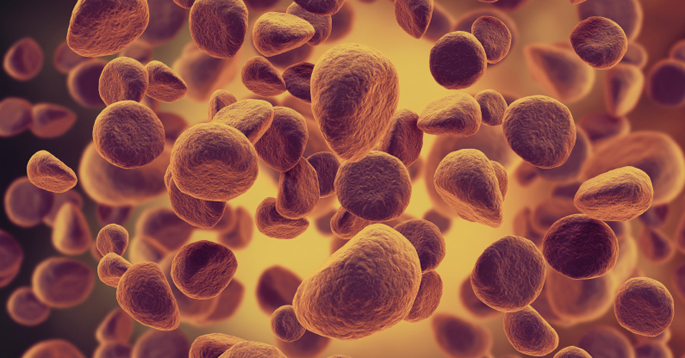
Probing the pathogenesis of leukemia
A new mouse model reveals gene clusters important in a treatment-resistant form of leukemia. Read MoreFeb 27, 2014
-
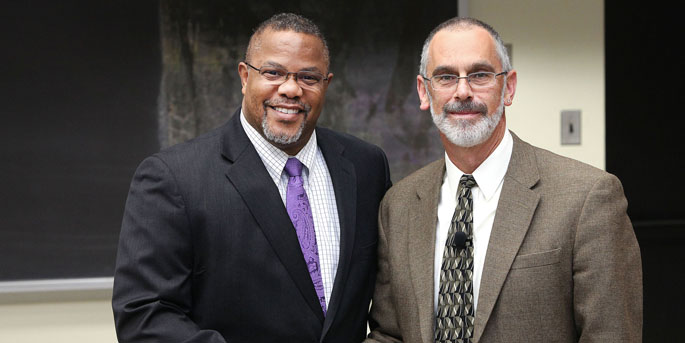
Informatics tools link protein structure, drug action: speaker
Russ Altman, M.D., Ph.D., professor of Bioengineering, Genetics and Medicine at Stanford University, posed an intriguing question at last week’s Discovery Lecture: is it possible to predict drug side effects from the 3D-structure of proteins? Read MoreFeb 13, 2014
-

Deisseroth set for Discovery Lecture
Neuroscientist Karl Deisseroth, M.D., Ph.D., renowned for his development of tools that allow scientists to control and map brain circuits, will deliver the next Flexner Discovery Lecture on Thursday, Feb. 22. Read MoreFeb 13, 2014
-
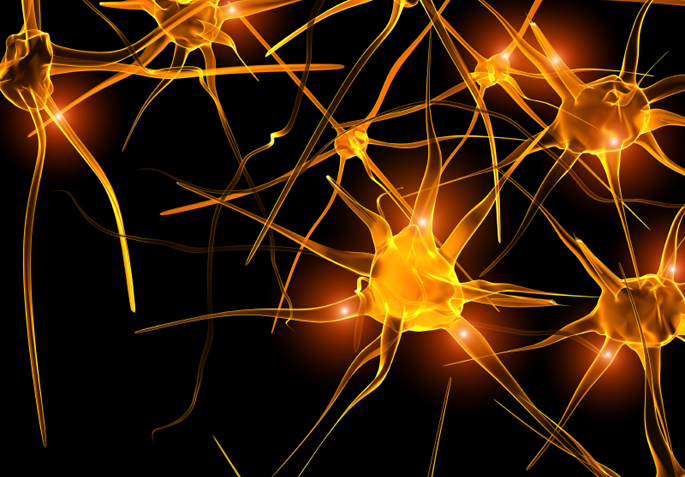
Obesity sends immune cells to the brain
Obesity causes peripheral immune cells to move to the brain, where they may contribute to inflammation and the pathophysiology of obesity. Read MoreFeb 12, 2014
-

Keeping the beat after heart surgery
Variation in the gene for the beta-1 adrenergic receptor increases the risk that a patient will have an abnormal heart rhythm after cardiac surgery. Read MoreFeb 10, 2014
-
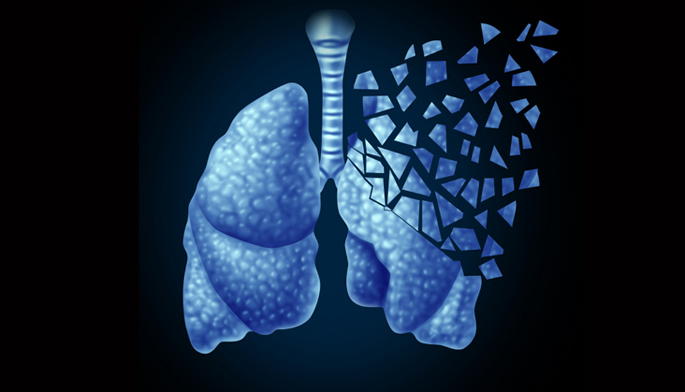
New direction for treating lung cancer
Targeting the production of molecules that promote tumor blood vessel development offers a new path for treating lung cancer. Read MoreFeb 7, 2014
-

Powers named to American Diabetes Association board
Alvin Powers, M.D., professor of Medicine and Molecular Physiology and Biophysics, has been named to the American Diabetes Association Board of Directors. Read MoreJan 30, 2014
-

Stanford’s Altman set for Discovery Lecture
Russ Altman, M.D., Ph.D., professor and chair of Bioengineering at Stanford University, will deliver the next Flexner Discovery Lecture on Thursday, Feb. 6. Read MoreJan 30, 2014
-

Is healthy obesity possible?
It might be possible to generate a “metabolically healthy” state of obesity by targeting signaling pathways that improve insulin sensitivity. Read MoreJan 29, 2014
-
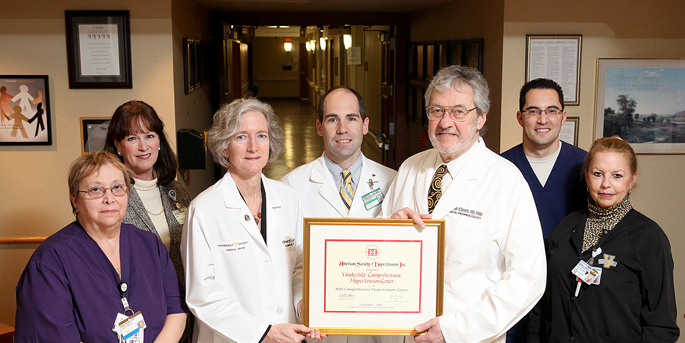
Vanderbilt Hypertension Clinic receives national comprehension designation
Hypertension Clinic members include, from left, Sandy Berryhill, LPN, Lynn Christman, Cheryl Laffer, M.D., Matt Luther, M.D., Fernando Elijovich, M.D., Robert Manning, R.N., and Karen Gore, R.N. (Not pictured: Nancy Brown, M.D., Barb Dotson, R.N., and Mena Mangrum, LPN. The American Society of Hypertension (ASH) has… Read MoreJan 29, 2014
-

Math models to aid voice disorders
A new computational model of the interactions between vocal folds and the air around them could aid in designing new treatments for voice disorders. Read MoreJan 27, 2014
-

Probing mysteries of preterm birth
Understanding the relationship between the thinning and rupture of fetal membranes and the presence of bacteria could lead to treatment and prevention strategies for premature birth. Read MoreJan 24, 2014
-
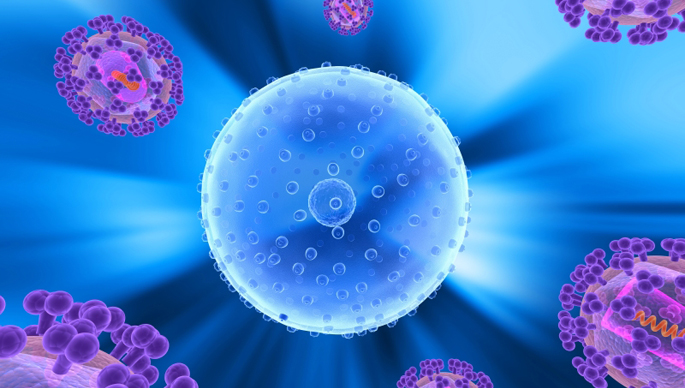
HIV’s impact on B cells
Understanding how HIV infection affects immune system B cells may guide strategies for vaccine development. Read MoreJan 15, 2014
-
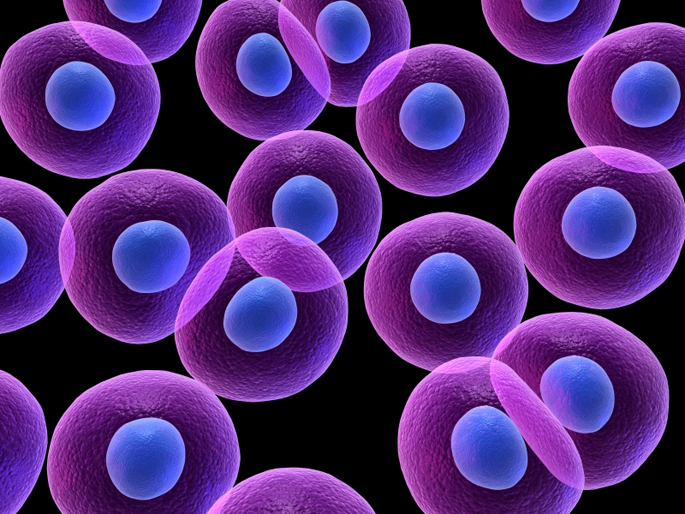
Searching for beta cell stimulators
Vanderbilt researchers describe a new technique for identifying factors that stimulate the proliferation of pancreatic beta cells – factors that might offer therapeutic options for diabetes. Read MoreJan 13, 2014
-

A pain in the … genes
Vanderbilt researchers have discovered that variation in the gene encoding the potassium channel GIRK1 plays a role in modulating human pain perception. Read MoreJan 10, 2014
-

Brain-gut connection in autism
An association between rigid-compulsive behaviors and gastrointestinal symptoms in autism spectrum disorder may point to a common biological pathway that impacts both the brain and the gut. Read MoreJan 9, 2014
-
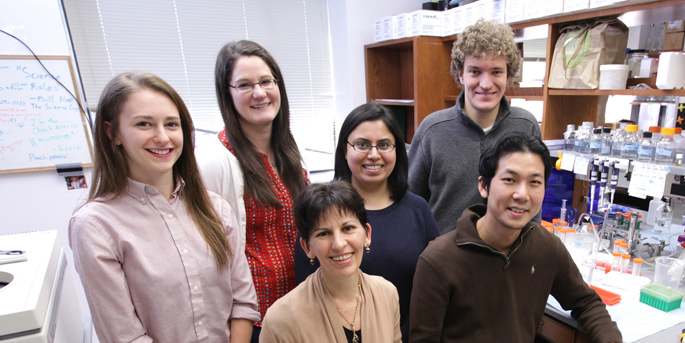
Cancer cells combine tools to increase invasiveness
Two features of invasive cancer cells — invadopodia and exosomes — are linked together, Vanderbilt University investigators have discovered. Read MoreDec 19, 2013
-
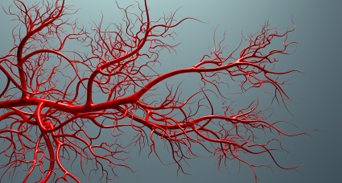
Targeting tumor “supply lines”
A metabolic enzyme plays a crucial role in vascular development and may be a good target for cancer therapies. Read MoreDec 18, 2013
-

Cancer drug enhances cognition
The breast cancer drug tamoxifen improves cognitive performance in post-menopausal women. Read MoreDec 16, 2013
-
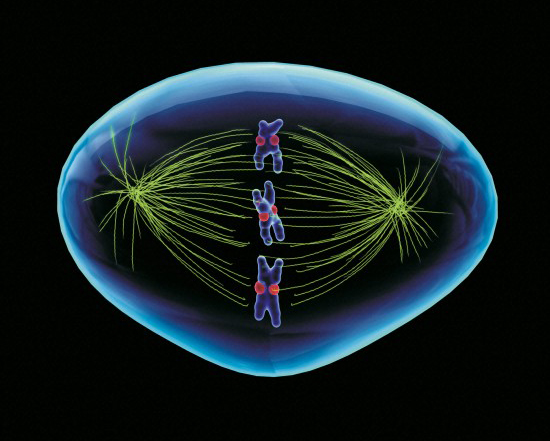
Manager of mitotic stress
The protein CK1 delays cell division to avoid the generation of defects that drive tumorigenesis. Read MoreDec 13, 2013